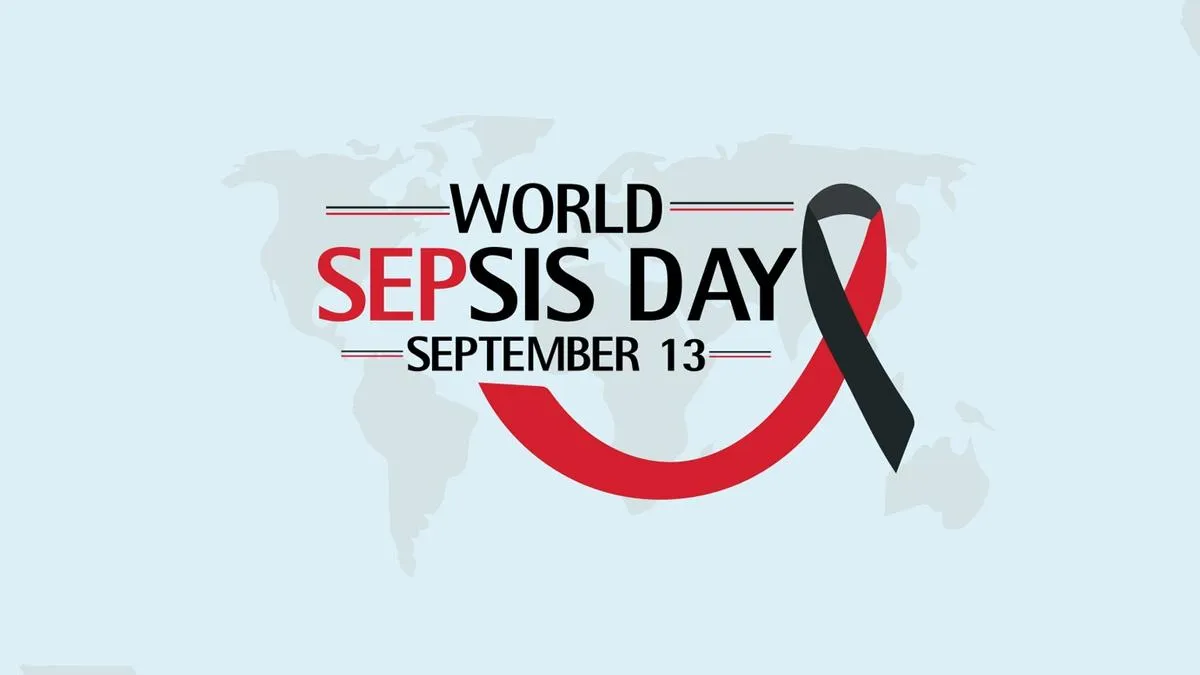World Sepsis Day: Understanding This Global Health Concern

World Sepsis Day: A Major Global Health Concern
World Sepsis Day highlights a significant global health concern regarding sepsis, a life-threatening condition that is triggered by various infections. With alarming statistics pointing to severe complications, it is crucial for the healthcare system to act swiftly. According to the World Health Organization (WHO), around 48.9 million cases of sepsis were documented globally in 2020, resulting in approximately 11 million deaths.
The Severity of Sepsis
Sepsis poses a dire threat especially in low- and middle-income countries where 85% of related fatalities occur. Countries like India experienced a staggering report of 11.3 million cases alongside 2.9 million deaths, illustrating the urgent need for enhanced strategies in prevention and treatment.
Understanding the Complications
- Organ failure
- Septic shock
- Long-term health effects such as chronic pain and fatigue
Immediate Treatment: The Key to Survival
Dr. Chinnadurai R, a lead consultant in critical care, explains that managing sepsis requires immediate treatment including early detection, administering broad-spectrum antibiotics, and providing supportive care like intravenous fluids.
Preventive Measures
According to Dr. Aakashneel Bhattacharya, prevention plays a critical role in combatting this condition. Increased awareness and early intervention can save lives, making World Sepsis Day vital for public health education.
Disclaimer: The information provided on this site is for informational purposes only and is not intended as medical advice. We are not responsible for any actions taken based on the content of this site. Always consult a qualified healthcare provider for medical advice, diagnosis, and treatment. We source our news from reputable sources and provide links to the original articles. We do not endorse or assume responsibility for the accuracy of the information contained in external sources.
This article was prepared using information from open sources in accordance with the principles of Ethical Policy. The editorial team is not responsible for absolute accuracy, as it relies on data from the sources referenced.